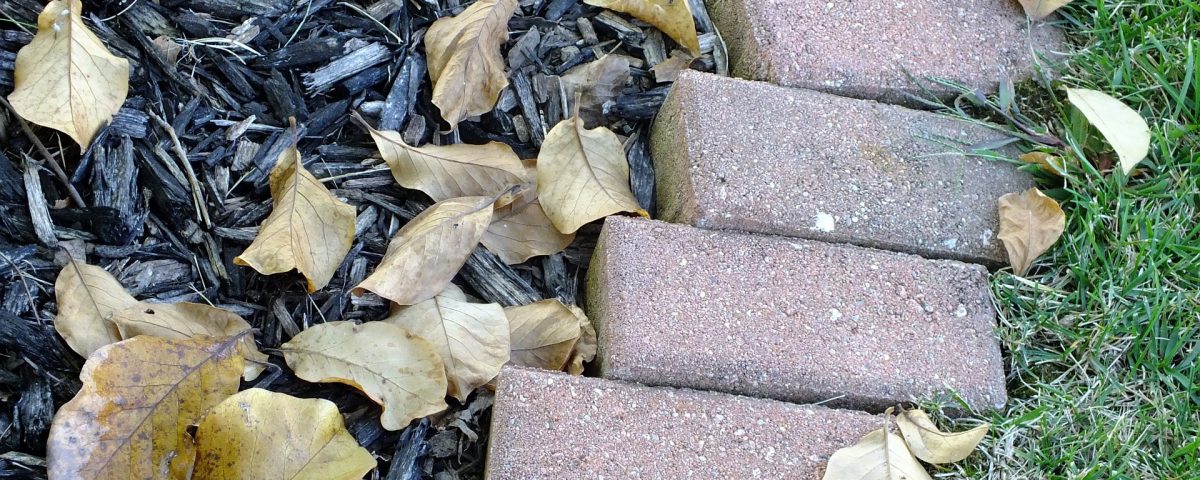- Environmentally Friendly Landscape Supply
- (661) 878-8886

Desert Landscaping VS Green Landscaping
October 2, 2020
DIY Front yard renovation ideas
October 2, 2020There are two main kinds of mulch: inorganic and organic. The organic mulches consist of dead plants placed on the soil surface to prevent weed germination, reduce evaporation, and prevent erosion. Example of suitable materials for organic mulches includes wood chips, newspapers, and bark. On the other hand, inorganic mulches are obtained from non-decomposable materials such as plastic sheeting, rubber chips, non-woven geotextiles, and rocks. The two kinds of mulches are used in the retention of moisture in the soil, cooling the soil, prevention of frost heaving in winter, and increasing the aesthetic value of the garden bed.
Advantages of organic mulch
Organic mulches help in the beautification of the farm. Most of the materials in the farm that could have been discarded are put into good use. These materials break down forming organic matter which is essential in the nourishment of the soil. The organic mulches are important to a plant because it helps in penetrating nutrients deep into the roots of the plant. The organic matter creates a good environment where the multiplication of beneficial fungi, worms, bacteria, and fungi is made possible. The beneficial soil organisms assist in controlling plant pests and also outcompete the multiplication of undesirable bacteria.
Organic mulches offer insulation to the soil from direct sunlight. This helps in keeping the soil warmer in winter, as well as, cooler in summer. They also help in reducing erosion while assisting the soil to absorb more rain. The act of shielding the soil from direct water droplets helps in the reduction of soil-borne diseases that could have resulted from irrigation water or splashing rain. The mulches reduce the intensity of raindrop which eliminates the crusting of the soil. Soil crusting negatively affects production since the seeds are unable to germinate and it difficult for rainwater to penetrate deep in the soil. Organic mulches improve aeration of the soil and guarantee the proper development of the roots because roots can extend deeper into the soil.
Disadvantages of organic mulches
One of the main disadvantages of organic mulches is that it is expensive to transport because it is bulky. The dried organic mulches are a fire risk. The heaping of the mulches can provide a perfect hiding and breeding ground for pests. They intercept light rainfall from accessing the soil. They have the potential to spread weeds, diseases, and pests.
Advantages of inorganic Mulches
Inorganic mulches also help in the conservation of moisture by slowing the evaporation process. The cover provided by the mulches helps the plant to retain moisture in its root area. They help in the elimination of weeds by inhibiting and preventing germination. It also helps in protecting and improving the root area of a plant. The protection and moderation of temperature create a conducive for the roots to rise close to the mulch line where the soil is more fertile than deeper in the soil. As it is the case with organic mulches, they help in maintaining constant soil temperature. The mulches prevent cases of soil crusting while increasing aeration and in-soak. Just like any other mulch, they help in eliminating soil erosion from rainwater runoff. It saves money and time through its significant reduction of herbicide, water, and pesticide wastage.
Disadvantages of inorganic mulch
Some of the materials used to make inorganic mulches such as plastic and rubber have harsh chemical components that do not improve the structure of the soil or add organic matter into the soil. When stones are used in making inorganic mulches, they create a drier and warmer soil environment because of the stones’ capacity to retain the sun’s heat.


